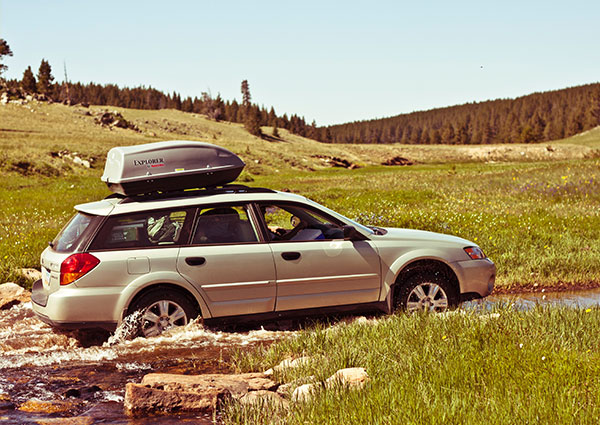Curriculum links
England
Mathematics
Measurement
Science
Working scientifically
Pupils should be taught to:
- ask simple questions and recognise that they can be answered in different ways
- gather and record data to help in answering questions.
Scotland
Numeracy and mathematics
Number, money and measure
- I have experimented with everyday items as units of measure to investigate and compare sizes and amounts in my environment, sharing my findings with others. (MNU 0-11a)
- I can estimate how long or heavy an object is, or what amount it holds, using everyday things as a guide, then measure or weigh it using appropriate instruments and units. (MNU 1-11a)
Sciences
Forces, electricity and waves
- Through everyday experiences and play with a variety of toys and other objects, I can recognise simple types of forces and describe their effects. (SCN 0-07a)
- By investigating forces on toys and other objects, I can predict the effect on the shape or motion of objects. (SCN 1-07a)
Wales
Mathematics
Space, shape and measures
Understanding and using measures
Pupils should be taught to:
- compare and order objects, and events in time, using appropriate language, by direct comparison, and then using common non-standard and standard units of length, mass and capacity
- choose and use simple measuring instruments, reading and interpreting numbers and scales with some accuracy
Science
Physical processes
Forces and Motion
Pupils should be taught:
- to describe the movement of familiar things
- that a push or pull can make something speed up, slow down or change direction
Northern Ireland
Mathematics and Numeracy
Measures
Pupils should be enabled to:
- know and use the most commonly used units to measure in purposeful contexts
- choose and use simple measuring instruments, reading and interpreting them with reasonable accuracy
The World Around Us
Movement and Energy
Children are learning:
- that the strength of a push or pull can make things speed up or move more slowly (Science & Technology)
